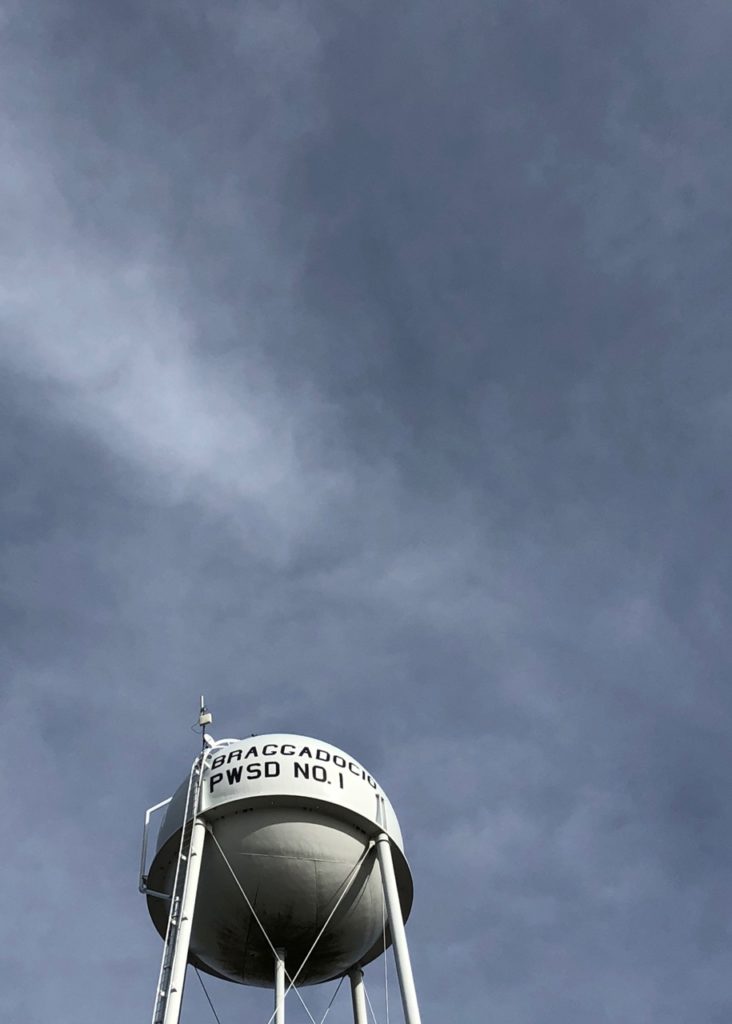
Braggadocio, MO: “Sometimes you have to see for yourself.”
Where I grew up, just north of the confluence of the Mississippi and Ohio Rivers, towns were often named for more famous places (Cairo, Golconda, Cadiz, Galatia, Corinth, Sparta, Denmark, Vienna, Mt. Vernon) or with ringing optimism (Future City, Urbandale, Metropolis, Eldorado, America, Rising Sun, Herod, Equality). Grandiose or not, they sounded like something you could advertise.
Many town names in the lower Mississippi Valley are less mellifluous: Sulphur, Cankton, Slaughter, Tickfaw, Bude, Uneedus, Bogue Chitto, Zeetus, Possumneck, Sweatman, Cooter. (Tanglefoot, Missouri, changed its name to Festus, which means festive or joyful, but did it help?) Joan Didion notes a sense of humor in the South that is always pushing beyond the self-deprecating into something else.
But most places on this earth are just names on passing signs to us, locations in datelines, mentions on the internet. Who can tell how pleasant or dull it is there, what occurs, how the air smells? Sometimes you have to see for yourself.
With Braggadocio, Missouri, enough was enough. I have passed the sign for it on the main highway from Louisiana to Chicago more times than I can count, but I knew nothing of it. Even on the web it is a blank. Wikipedia says it might be named for a couple’s combined names or for a character in Edmund Spenser’s The Faerie Queene, or because its citizens were braggarts when it was founded in the 1840s. One website says the town has 36 residents, another says 178, and another 585. One site says 88.9 percent of the population is white but that all other races and ethnicities are 0.0 percent of the total. Another site shows 11 people employed and is careful to say all of them use private transportation to get to work.
I-55 Exit 14 led to an undistinguished road between soybeans and hardly a tree to the horizon. A fifth-generation family farm that lies out here has a Braggadocio PO Box and sells popcorn, cornmeal, several varieties of rice, and milled grits and flours under the town name.
The town itself is a hamlet with a few houses at the crossroads, a little brick post office, a Baptist church, and a farm-service business on the edge of town. Everything is on the edge of town. It is a silent, pretty little place, a bit desolate now that the corn has been razed. Inside the houses, people live among their memories and emotions; that is, they are no different than any of us. Satisfied, I left Braggadocio, never to return.
The Ginkgoes are yellow; time will soon fall back; Braggadocio is not a figment; rejoice.
